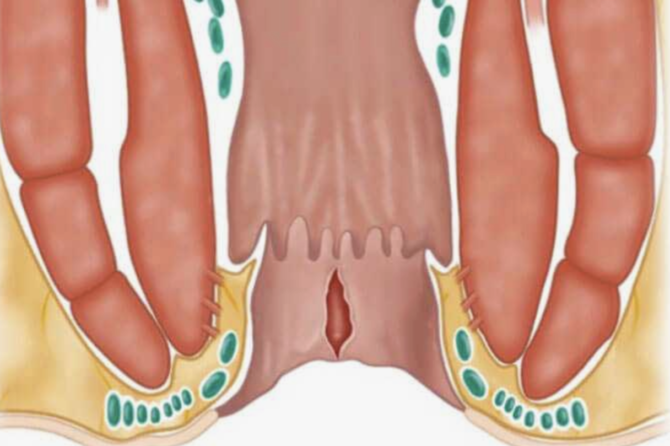
Medical Treatment of Anal Fissure with Medication and Ointment
Anal fissure is a painful condition caused by tears in the thin skin layer around the anus. This problem, often triggered by constipation, hard stools, or childbirth, can seriously affect the quality of life.
The primary goal of treatment is to accelerate the healing process and reduce pain and discomfort. Medical treatment is the preferred approach in cases where surgical methods are not required. Specialists recommend various ointments and medications depending on the course of the disease. These treatments help relax the muscles in the anal area and support the healing of the tears. Stool softeners and muscle relaxant ointments are essential parts of the treatment.
Additionally, certain lifestyle and dietary changes made by the patient can support the treatment process. Thanks to these methods, many patients can recover without the need for surgical intervention. However, in cases where medical treatment is not effective or the condition becomes chronic, specialists may resort to more advanced methods to resolve the issue more definitively.
Medications Used in the Treatment of Anal Fissure
Various medications can be effective in relieving pain and muscle spasms in the treatment of anal fissures. These medications are usually applied locally and contribute to the healing process. Also, softening the stool is a crucial factor that accelerates healing.
- Anuflex Ointment: Anuflex Ointment is one of the most frequently preferred ointments in the treatment of anal fissures. Thanks to its active ingredients, it relaxes the muscles in the anal area and reduces pain. It is also known for its effects that accelerate wound healing. Anuflex reduces pressure in the contracted area due to the fissure, making defecation easier for the patient. Additionally, regular use of the ointment helps prevent inflammation and reduces the risk of infection in the area. Specialists usually prescribe Anuflex for short-term use. Patients should pay attention to hygiene during use, which can positively impact the treatment process.
- Anestol Ointment: Anestol Ointment stands out with its local anesthetic properties. It is used primarily to alleviate the intense pain caused by anal fissures. By numbing the nerve endings in the application area, it provides relief for the patient. While Anestol offers a short-term solution, it greatly facilitates the patient’s daily life during the healing process. However, this medication only provides symptomatic relief and does not directly contribute to the healing of the fissure. Therefore, other therapeutic medications should also be used alongside Anestol during treatment.
- Rectoderm Ointment: Rectoderm Ointment is known for its vasodilating effect in the treatment of anal fissures. The nitroglycerin in its content increases blood flow to the area, accelerating the healing process. It also helps reduce muscle spasms, providing relief for the patient. Rectoderm is considered an effective treatment option, especially in chronic anal fissures. Specialists usually recommend this ointment for long-term use. Side effects may include headaches and low blood pressure, so it is important to follow the doctor’s recommendations during use.
Leave a reply

Leave a reply